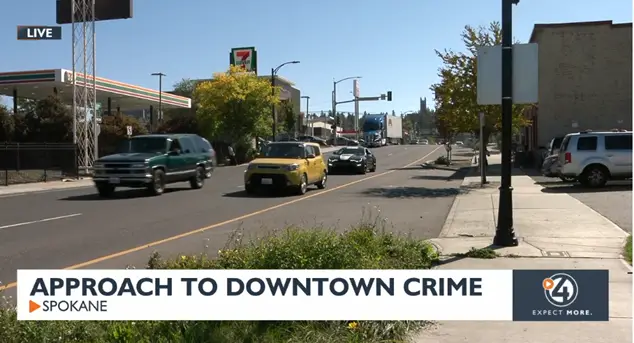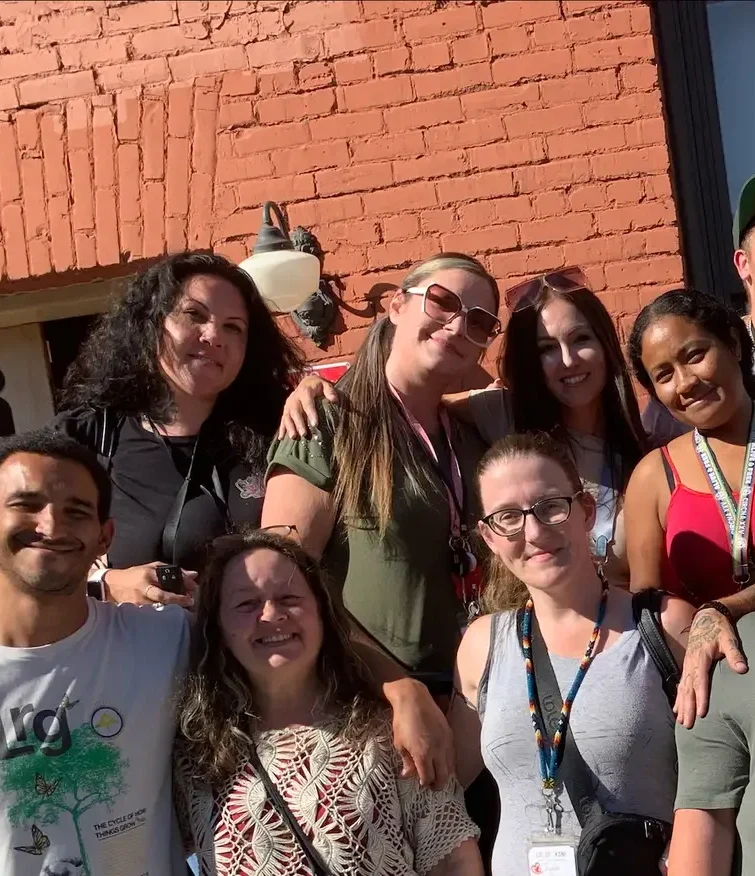
Spokane addiction treatment center hoping for more collaboration, better solution to downtown crime
SPOKANE, Wash. — A Spokane addiction treatment center is speaking out against Spokane’s new approach to crime and drug use downtown.
Last week, Mayor Woodward and Spokane Police gave an update on their recent emphasis to address crime near 2nd and Division.
In the press conference, SPD said they significantly increased police interactions and arrests that have removed guns and drugs from the streets to restore public safety.
“I would agree it is in a crisis state, but I wouldn’t agree with the solution,” said Compassionate Addiction Treatment executive director Hallie Burchinal.
ompassionate Addiction Treatment (CAT) is located at the intersection of 2nd and Division.
According to Burchinal, their goal is to help people get sober and off the streets. She said arrests are not a solution to the growing crisis.
“When you are living in a constant state of crisis — which living unsheltered is– it’s a constant state of crisis and a continuation of trauma every day– that it is difficult to trust people in power and if they have your best interests in heart so it’s difficult to say to that person, ‘yes I want help,'” said Burchinal.
Burchinal said all parties have the same goal: to create a safe city for everyone in Spokane, including people without a home.
She said the ongoing crisis ties back to a lack of housing in Spokane and beds in treatment centers.
“We have less than 1% housing rate in Spokane — more people are becoming homeless at this time — and now we are adding charges to their history, and so the challenges of moving towards housing and employment are only increasing with each charge, so the cycle is just perpetuating in a more intensive way with this approach,” said Burchinal.
Going forward, she hopes for more collaboration between city leaders and the services interacting with homeless populations daily to come up with a long-term solution.
“It’s important to recognize that this is a community crisis. It’s a crisis of lack of housing. It’s a crisis of lack of behavior health support and that these are people,” said Burchinal. “If we want our city to be a more beautiful place to live, we have to look at it from the perspective of being beautiful for all people– not just for people who currently have homes.”

